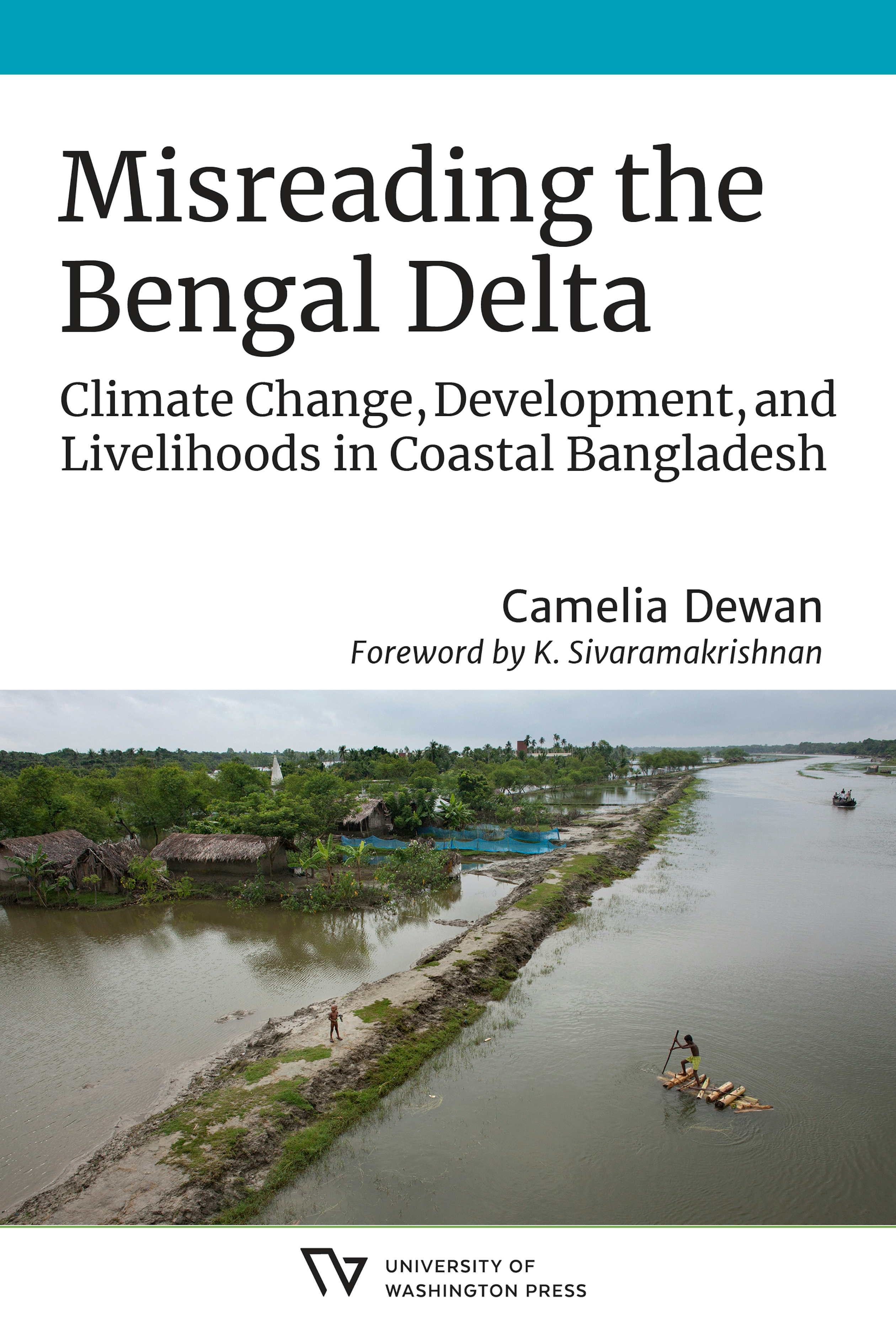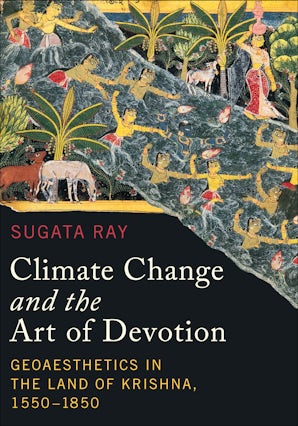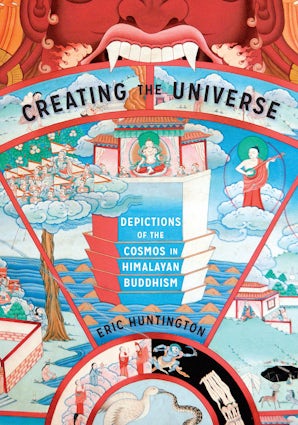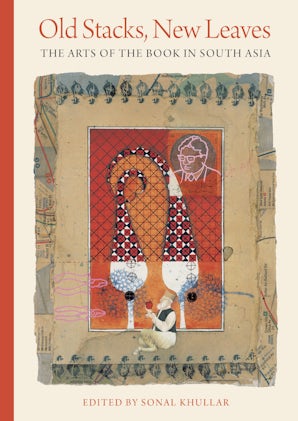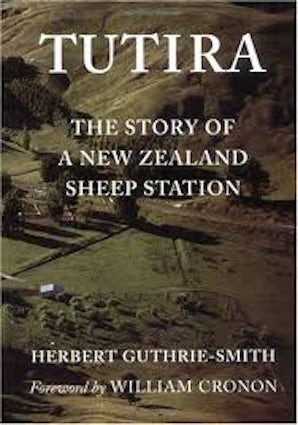"Finding echoes across the global South, Dewan’s brilliant, urgent book shows us what we miss when we treat climate change as a problem in isolation. Based on deep ethnographic research, this work of rigorous analysis and great moral clarity demonstrates that climate change is among a cluster of ecological and livelihood risks faced by the most vulnerable communities."
-
Sunil Amrith, author of Unruly Waters: How Rains, Rivers, Coasts, and Seas have Shaped Asia's History
"This magisterial work shows how the problems of coastal Bangladesh go far beyond the "climate reductive translations" that currently dominate policy readings, and reveals far murkier waters shaped by a political ecology of extraction that they obscure."
-
James Fairhead, University of Sussex
"Dewan explores, through meticulous and well-written ethnography, how the idea of climate change shapes the direction of development projects and interventions."
-
Annu Jalais, author of The Bengal Diaspora: Rethinking Muslim Migration
"An important contribution to an emerging critical literature on climate change in Bangladesh and beyond."
-
Jason Cons, author of Sensitive Space: Fragmented Territory at the India-Bangladesh Border
"Camelia Dewan offers a vitally important corrective to simplistic narratives of global warming.... This book was eye-opening for me: it joins a growing body of research that suggests that ‘climate change,’ when used as a catch-all explanation, can obscure the historical and geo-political roots of many environmental problems.... The exact balance between atmospheric and other anthropogenic impacts is not easy to ascertain but it is vital to try, which is why the humanities are so crucial for our understanding of the planetary crisis."
-
Amitav Ghosh, author of Gun Island
"In this ethnographically rich and empirically rigorous book, Dr. Dewan shows her reader how differently situated people understand, experience, and act with regard to cyclones, flooding, coastal erosion, and sea level rise. More than that even, she shows us whose ideas about social and ecological futures are accorded power and whose are not. This is a must read for all of us working on climate change, decolonial methodology, and political ecology."
-
Paige West, Claire Tow Professor of Anthropology, Barnard College and Columbia University
"One of Dewan's most important achievements consists in showing how local knowledge is more relevant and flexible in dealing with climate change than the technocratic solutions proposed by government and NGOs. Students of development and anthropology, South Asia and climate change need this book, but so do policymakers at every level. Highly recommended!"
-
Thomas Hylland Eriksen, author of Overheating: An Anthropology of Accelerated Change
"This important book crashes through the pieties of climate change discourse to show how colonial and profit-making infrastructure causes disastrous flooding and the salinization of agricultural soil. Insightful and carefully researched, Misreading the Bengal Delta is a major contribution to the emerging field of political geomorphology."
-
Anna Tsing, co-author of Field Guide to the Patchy Anthropocene: The New Nature
